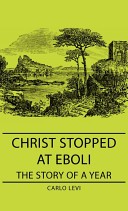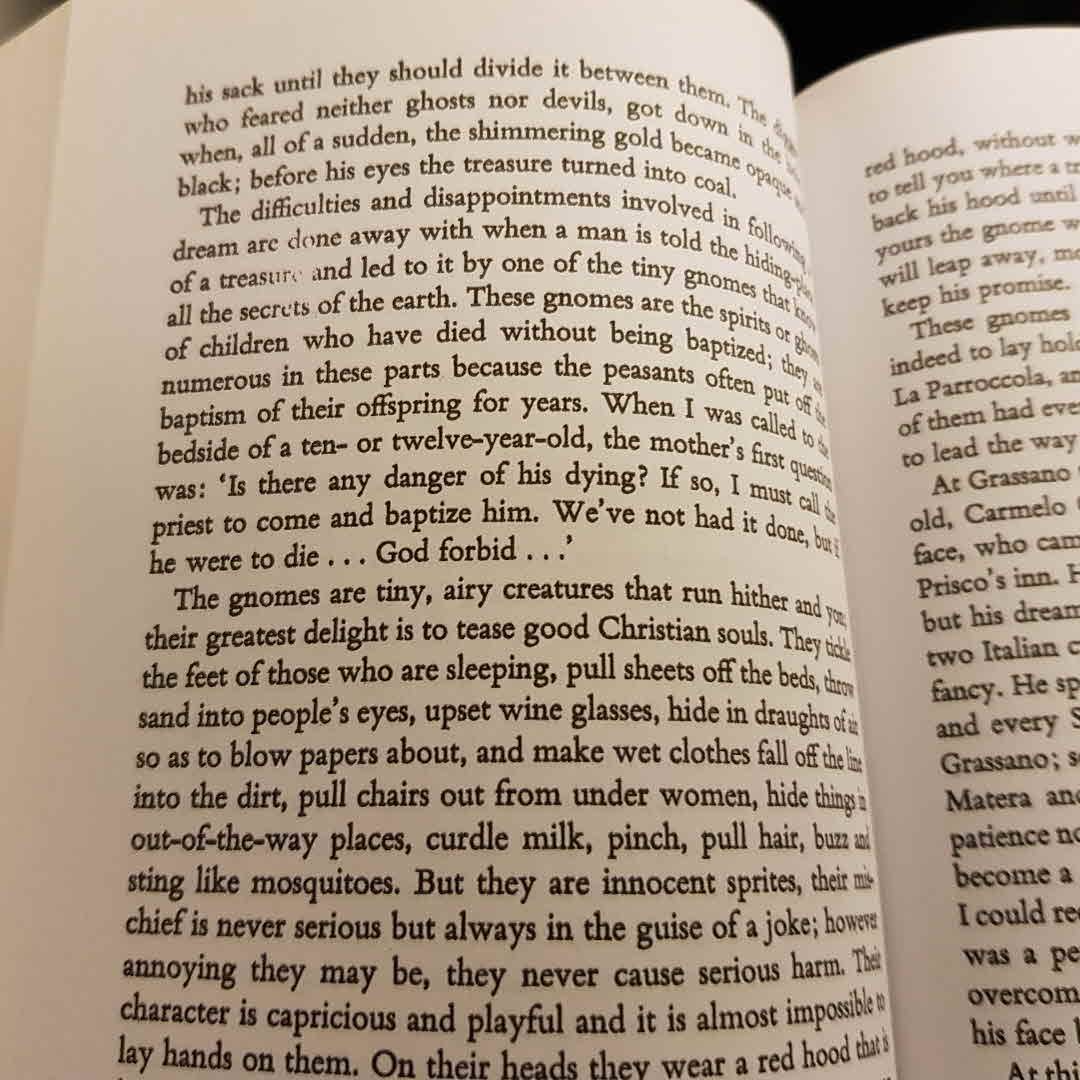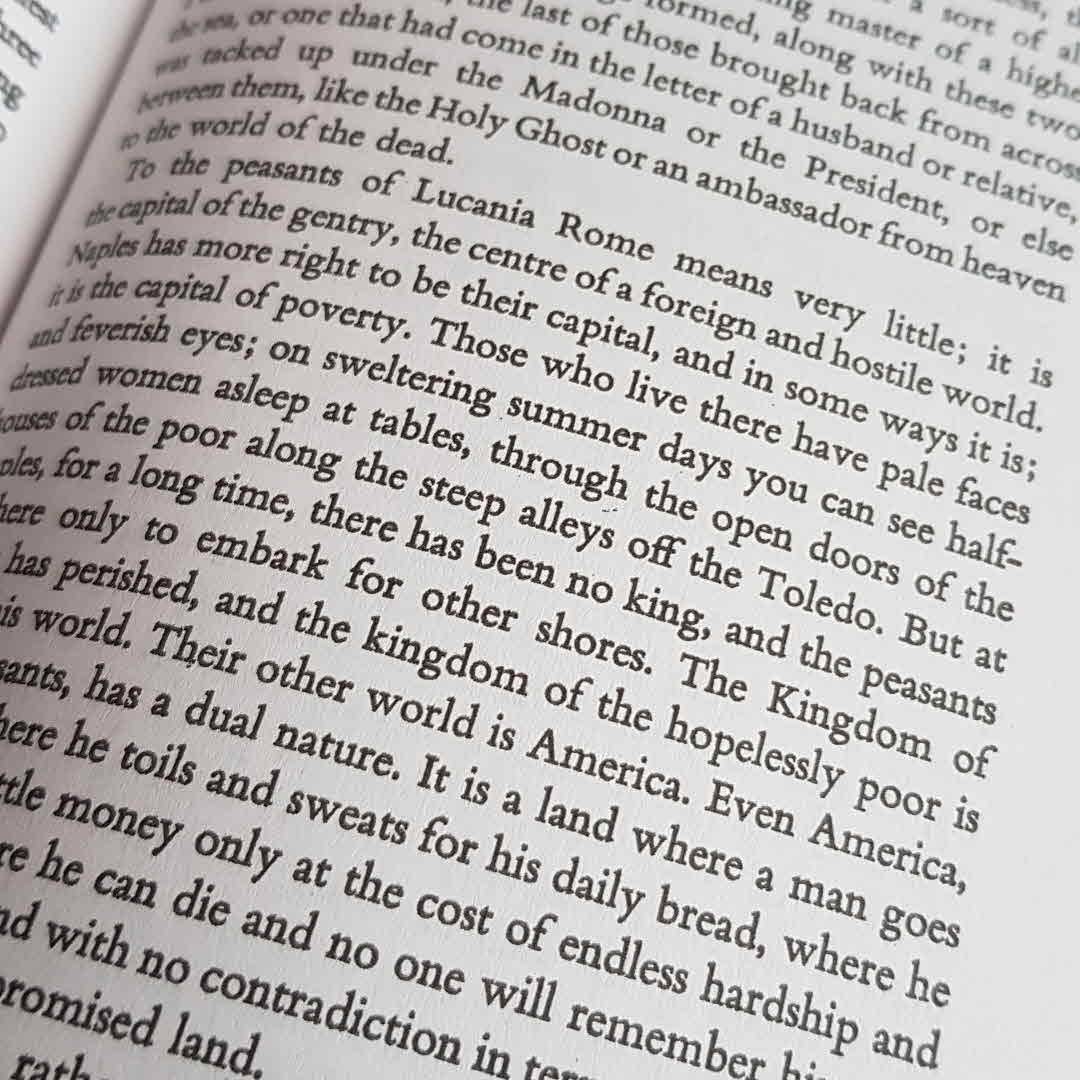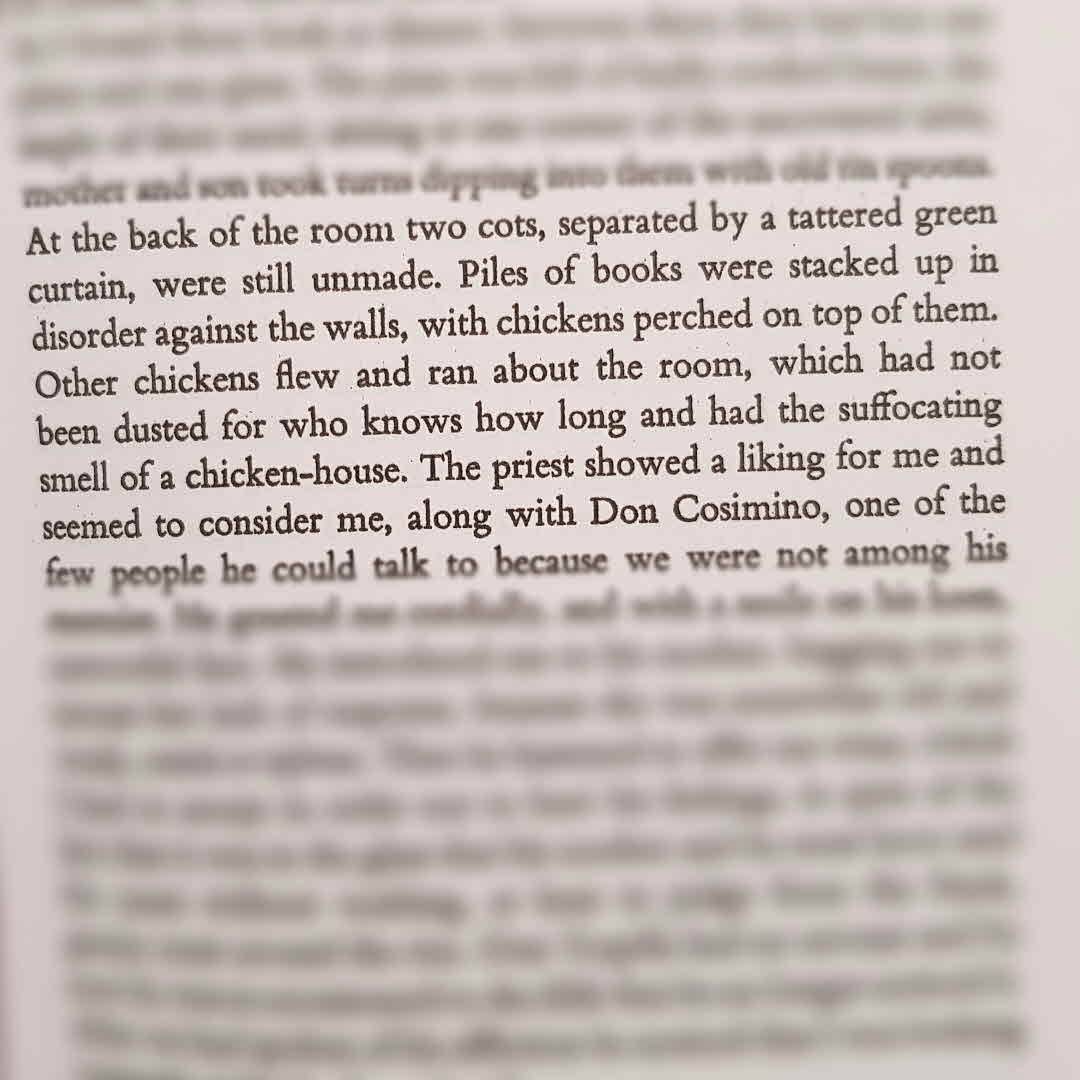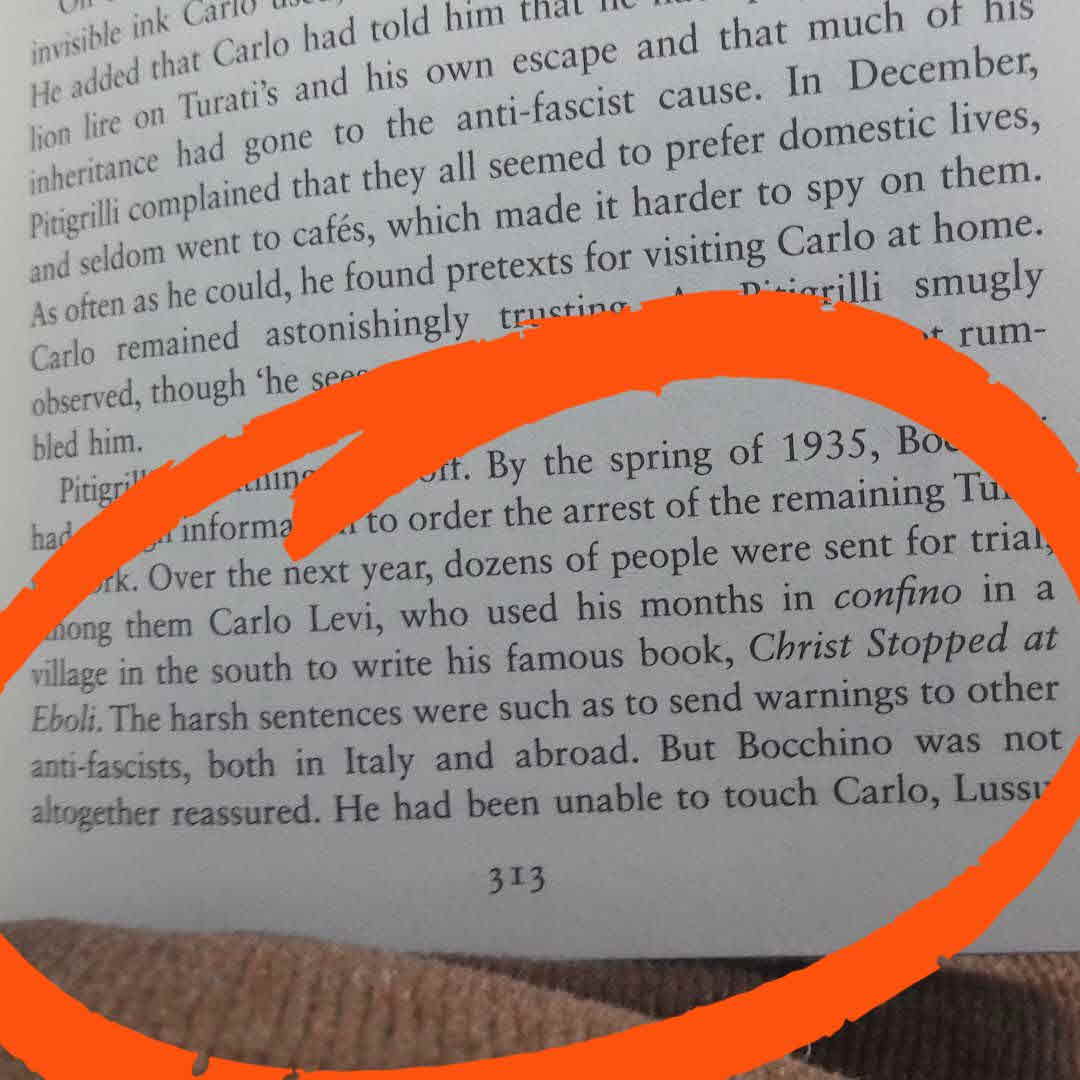Christ Stopped at Eboli: The Story of a Year | Carlo Levi
CHRIST STOPPED AT EBOLI- THE STORY OF A YEAR by CARLO LEVI. Because of his uncompromising opposition to Fascism, Carlo Levi was banished at the start of the Abyssinian War ( 1935) to a small primitive village in Lucania, a remote province of southern Italy. In this region, which remains unknown not only to tourists but also to the vast majority of Italians, Carlo Levi, a painter, doctor, and writer, lived out a memorable time. Many years have gone by, years ol war and of what men call History. Buffeted here and there at random I have not been able to return to my peasants as I promised when I left them, and I do not know when, if ever, I can keep my promise. But closed in one room, in a world apart, I am glad to travel in my memory to that other world, hedged in by custom and sorrow, cut off from History and the State, eternally patient, to that land without comfort or solace, where the peasant lives out his motionless civilization on barren ground in remote poverty, and in the presence of death, We're not Christians, they say. Christ stopped short of here, at Eboli. Christian, In their way of speaking means human being, and this almost proverbial phrase that I have so often heard them repeat may be no more than the expression of a hopeless feeling of inferiority. We're not Christians, we're not human beings; we're not thought of as men but simply as beasts, beasts of burden, or even less than beasts, mere creatures of the wild. They at least live for better or for worse, like angels or demons, in a world of their own, while we have to submit to the world of Christians, beyond the horizon, to carry its weight and to stand comparison with it. But the phrase has a much deeper meaning and, as is the way of symbols, this is the literal one. Christ did stop at Eboli, where the road and the railway leave the coast of Salerno and turn into the desolate reaches of Lucania. Christ never came this far, nor did time, nor the individual soul, nor hope, nor the relation of cause to effect, nor reason nor history. Christ never came, just as the Romans never came, content to garrison the highways without pene trating the mountains and forests, nor the Greeks, who flour ished beside the Gulf of Taranto. None of the pioneers of Western civilization brought here his sense of the passage of time, his deification of the State or that ceaseless activity which feeds upon itself. No one has come to this land except as an enemy, a conqueror, or a visitor devoid of understand ing. The seasons pass today over the toil of the peasants, just as they did three thousand years before Christ; no message, human or divine, has reached this stubborn pov erty. We speak a different language, and here our tongue is incomprehensible. The greatest travelers have not gone beyond the limits of their own world; they have trodden the paths of their own souls, of good and evil, of morality and redemption. Christ descended into the underground hell of Hebrew moral principle in order to break down its doors In time and to seal them up into eternity. But to this shadowy land, that knows neither sin nor redemption from sin, where evil is not moral but is only the pain residing forever in earthly things, Christ did not come. Christ stopped at Eboli. I ARRIVED at Gagliano one August afternoon in a rat tling little car, I was wearing handcuffs and I was escorted by two stalwart servants of the State with vertical red bands on their trousers, and expressionless faces. I arrived reluc tantly and ready for the worst, because sudden orders had caused me to leave Grassano where I had been livin












